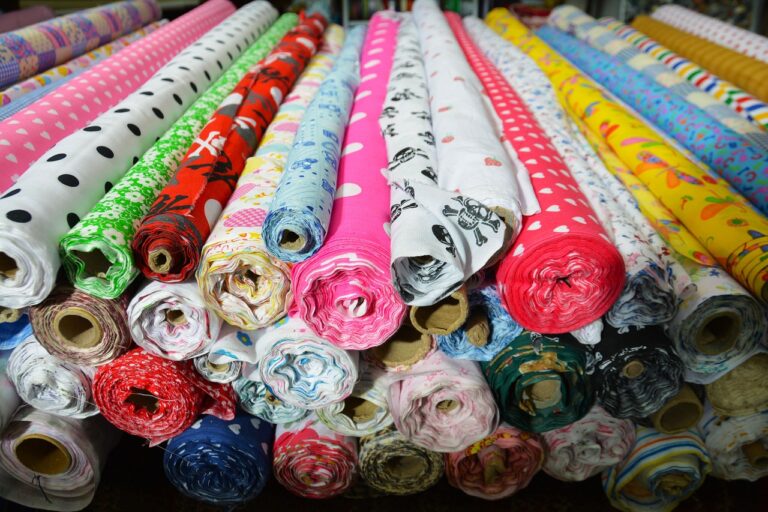Textile Recycling Initiatives: Community-Based Solutions for Waste Management: Goldenexch, Cricbet99 link, King 567
goldenexch, cricbet99 link, king 567: Textile recycling initiatives play a crucial role in waste management, especially in a world struggling with overflowing landfills and environmental degradation. These community-based solutions are spearheaded by individuals and groups who are passionate about creating a more sustainable future. By diverting textiles from landfills and finding new uses for them, these initiatives are not only reducing waste but also promoting a circular economy where resources are reused and recycled.
One such initiative is the clothing swap events organized by local communities. These events provide people with an opportunity to exchange their unwanted clothing items for something new to them. By participating in these swaps, individuals can declutter their closets, find new additions to their wardrobes, all while reducing the demand for new clothing production.
Another community-based solution for textile recycling is the creation of upcycling workshops where old garments are transformed into new and trendy pieces. These workshops not only teach valuable skills but also encourage creativity and innovation in reusing textiles. Participants have the chance to learn sewing techniques, embellishment methods, and other skills that enable them to give new life to old clothing items.
Textile recycling initiatives also involve partnerships with local businesses and organizations to collect and recycle textile waste. Clothing stores, dry cleaners, and even schools can serve as collection points for unwanted textiles. These partnerships ensure that textile waste is diverted from landfills and sent to recycling facilities where it can be processed into new materials or products.
In addition to these initiatives, community-based textile recycling efforts also focus on raising awareness about the importance of recycling textiles. Through educational campaigns, workshops, and outreach programs, communities can inform people about the environmental impact of textile waste and the benefits of recycling. By spreading awareness, these initiatives can inspire more individuals to take action and make a difference.
Overall, textile recycling initiatives offer practical and effective solutions for waste management at the community level. By engaging individuals, businesses, and organizations in recycling efforts, these initiatives contribute to the reduction of textile waste and the preservation of our environment for future generations.
FAQs:
1. What types of textiles can be recycled?
Textiles such as clothing, bedding, curtains, and towels can all be recycled.
2. Where can I donate my unwanted textiles?
You can donate your unwanted textiles to local charities, thrift stores, or clothing swap events.
3. How are recycled textiles processed?
Recycled textiles are typically processed into new fibers or materials that can be used to make new products.
4. What are the benefits of textile recycling?
Textile recycling helps reduce waste in landfills, conserve natural resources, and reduce the environmental impact of textile production.







